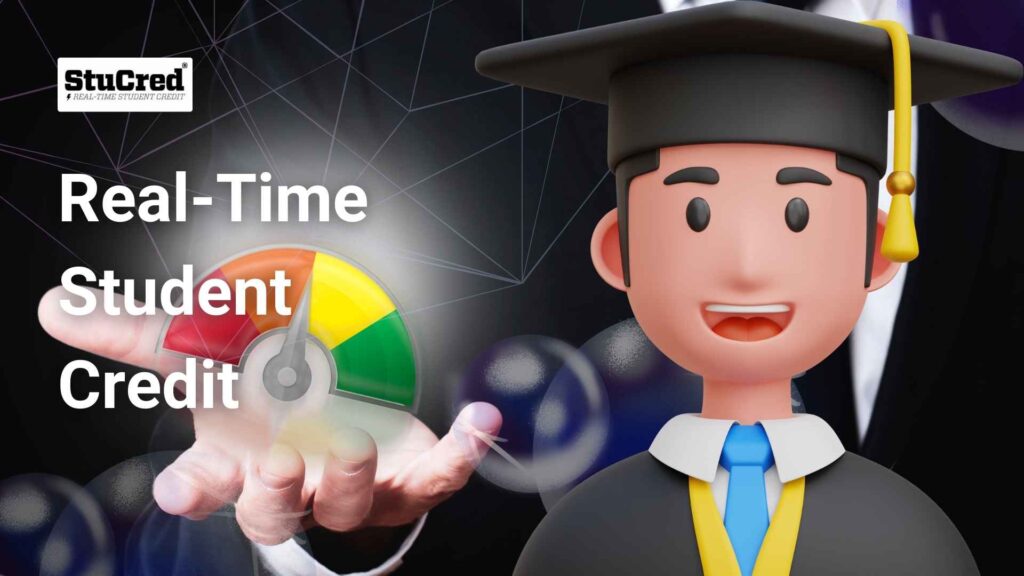
Hola! Do you know the benefits of credit card for students? Are you a college student who is perpetually strapped for cash? Do you feel as though you are always balancing expenses like exam fee, stay, Dinner dates, long planned gang trips, and textbooks? Fear not, though! Today, we’re going to speak about credit cards for students and how they can aid you in navigating the challenging waters of student life.
Let’s get one thing straight: credit cards may be a double-edged weapon. Stop envisioning yourself living like a Kardashian before you do. On the one hand, they provide you the power to shop without having the money on hand. On the other hand, they could result in debt, exorbitant interest rates, and a credit rating that makes you want to curl up and hide.
Hence, in this blog post, we’ll examine the ins and outs of student credit card usage. We’ll help you decide whether or not to join the plastic party by outlining both the advantages and risks. FYI, We are also sharing some pro tips about the responsible use of credit cards.
So fasten your seatbelts and let’s get started!
Benefits of Credit Cards for students
Convenience: Credit cards allow you to make purchases without carrying cash.
Building credit: By responsibly using credit cards, students can raise their credit scores. Future loans and monetary choices may benefit from this.
Rewards: When using certain credit cards, students can accrue cashback, points, or miles through reward programs.
Emergency expenses: A credit card might act as a short-term source of funding in the event of an unforeseen emergency.
Risks of Credit Cards for Students
High interest rates: If a student carries a load from month to month on a credit card, the interest can quickly add up.
Debt: If a student uses their credit card too often, it may take them a long time to pay it off, especially if they only make the minimum payments.
Appetitive purchases: Students who utilize credit cards for convenience may make unplanned purchases of items they do not have the funds to cover. Financial hardship and debt may follow from this.
Fraud and theft of identity: Some dangers that could lead to unauthorized charges and harm to a student’s credit score include credit card fraud and identity theft.
Guidelines for Responsible Credit Card Use
Set a budget and stick to it: In order to prevent overspending, students should set a budget for their credit card transactions.
Pay the balance in full: By making on-time, full payments each month, students can avoid interest fees and keep their balances from growing.
Choose the correct card: Students should pick a credit card with benefits appropriate for their spending patterns and a low-interest rate.
Keep an eye on account activity: It can assist students in identifying and avoiding fraud or illegal charges.
Conclusion
Although they come with hazards, credit cards can be a beneficial financial tool for students. Students can establish good credit, reduce debt, and relieve financial stress by using credit cards wisely and knowing their advantages and risks. In order to establish a solid financial basis for the future, always read the terms and conditions of any credit card agreement carefully before applying.
Stay ahead of the game and follow Stucred on social media


